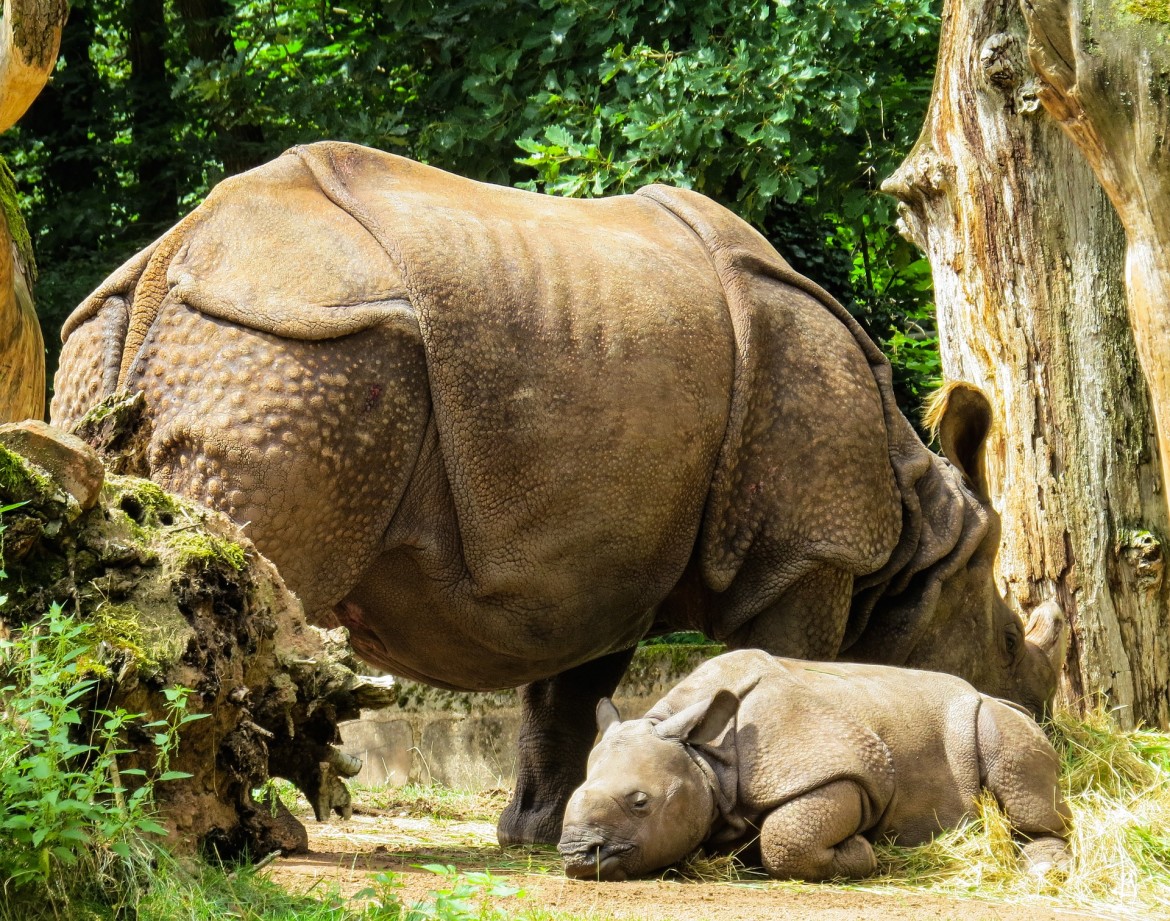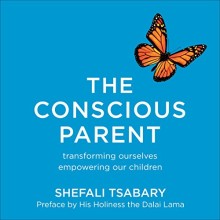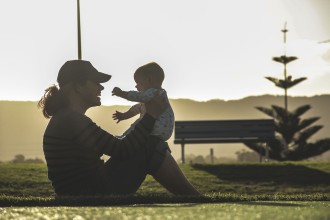Why does my baby wake up so many times at night?
29 Jun, 2019If you’re one of the poor parents whose babies are waking 12 – 16 times at night and you’re beating yourself up wondering if you did something wrong or if your baby is being manipulative and needy, fear not – this is completely normal.
Babies sleep very differently to adults. As a broad rule, adults will have 5 sleep cycles comprising of REM and nREM sleep in different proportions, during an 8 hour overnight sleep. Babies on the other hand have much shorter sleep cycles and so have many more of them when they sleep at night. Each sleep cycle has 3 stages of non-REM sleep followed by 1 of REM (Rapid Eye Movement) sleep. This is because your eyes are darting left to right left to right under your eyelids and you have a high level of activity in your brain.
A study performed by Graven and Brown in 2008 used EEGs and showed that babies develop sleep cycles at 26-28 weeks in the womb. While our sleep cycles are about 1.5 hours, at birth, our babies sleep cycle is only 45 minutes. The good news is that this slowly increases to about 60 minute sleep cycles over the next year taking it to about 12 – 16 sleep cycles a night. The bad news is that at the end of each sleep cycle, your baby may feel more awake and possibly get up. That’s potentially 16 times they wake up at night and feel scared, lonely, anxious, hungry, thirsty, or want reassurance and need you – their parent – to comfort them and respond to their needs.
Why else do babies wake up so often?
Babies have more REM sleep because their brain is developing so much. Its about 50% at birth and decreases to almost adult levels (80:20) when they become a toddler based on a study by Roffwarg, Muzio and Dement. This also protects them from SIDS (Sudden Infant Death Syndrome) as they don’t get to the completely coma-d out stage we get to as adults which makes it easier for them to be smothered.
The large proportion of REM sleep means it’s easier to wake up from if there are noises around them or changes in temperature. It also means that they may have more nightmares and this may wake them up and need reassurance.
Babies have tiny tummies. This means they need to eat more often. As adults we can eat a lot more so usually have 3 meals a day as we can hold more in our bigger bellies. Babies on the other hand can only hold a maximum of 2 ounces of milk or approximately 57 milliliters in the first week. This means they may get hungry at night and need a feed to meet their nutritional needs.
The vast array of changes they need to deal with like a change in environment, recovering from being born, difficulty latching on when feeding, colic or reflux, teething later and growing so fast, figuring out movement e.g. crawling, rolling.
Realising that their parent can go away from them and they don’t know when they will be back. The separation anxiety is real.
With all these changes and challenges that babies are facing in their first few years of development, it is no wonder that their sleep can regress and they may need more external regulation and reassurance from their parents to feel secure as they deal with these changes. And that’s exactly what research has shown.
Most new or expectant parents may falsely believe that their child should be able to get to sleep on their own by 3 months, but if we look at evidence based research you will find that based on a study of 3172 Thai Parents with babies aged 3 months, 47% of babies were reported to wake 3 – 4 times at night. This is 3 – 4 times that parents know that their baby is awake because they cried at night. They may have woken countless other times without their parent knowing. At 6 months, 84 % of babies are still waking up at least once – based on the ALSPAC study of 640 questionnaires on 6 month infant sleep. “Study show that many six-month-old babies have broken nights. Only 16% slept through the night at six months old. Half woke occasionally, 9% woke most nights, 5% woke once every night and a further 17% woke more than once per night, ranging from twice to eight times.”And at 12 months of age, 50% of babies still need parental external regulation and help to get back to sleep based on a cross-sectional study of 80 infants in four age groups (3, 6, 9 and 12 months).
Again, all these recordings of infant wakings are parent reported. We don’t know how many times these infants were actually waking up, its just the times the baby cried for attention so the parent realised they were awake. A study by Hall, Liva, Moynihan and Saunders compared the tracking of infant sleep through actigraphy (a wrist-watch type device tracking movement) and parents diarised accounts of their sleep behaviour and found that the actual times babies woke up were far higher than those documented by their parents e.g. “At baseline, mean number of night wakes was approximately 2.5 times higher by actigraphy.”
The most important takeaway from these studies is that infants have many more sleep cycles than us and so may wake up as they pass each ‘sleep spindle’ requiring our reassurance and comfort to get back to sleep. So if you baby is waking up 12 – 16 times a night or more, this is complete normal and as their sleep cycles get longer and their brains develop to allow for self-regulation, they may need you less, notwithstanding other external factors and changes impacting their sleep.
Research
Why your Baby’s Sleep Matters by Sarah Ockwell-Smith
https://science.sciencemag.org/content/152/3722/604.long https://jamanetwork.com/journals/jamapediatrics/article-abstract/1173624
https://www.sciencedirect.com/science/article/abs/pii/S1389945707002663 https://www.ncbi.nlm.nih.gov/pubmed/8680184
https://www.ncbi.nlm.nih.gov/pmc/articles/PMC1201414/
https://www.ncbi.nlm.nih.gov/pmc/articles/PMC4325935/
Cover Image by Gerhard Gellinger from Pixabay
Get The Best Of Sleepy Roo Delivered To Your Inbox
Subscribe to my newsletter and get the latest info on baby sleep! You can unsubscribe at any time.



